We include products in articles we think are useful for our readers. If you buy products or services through links on our website, we may earn a small commission.
What Vegetables Are Bad For Your Gut, and Why
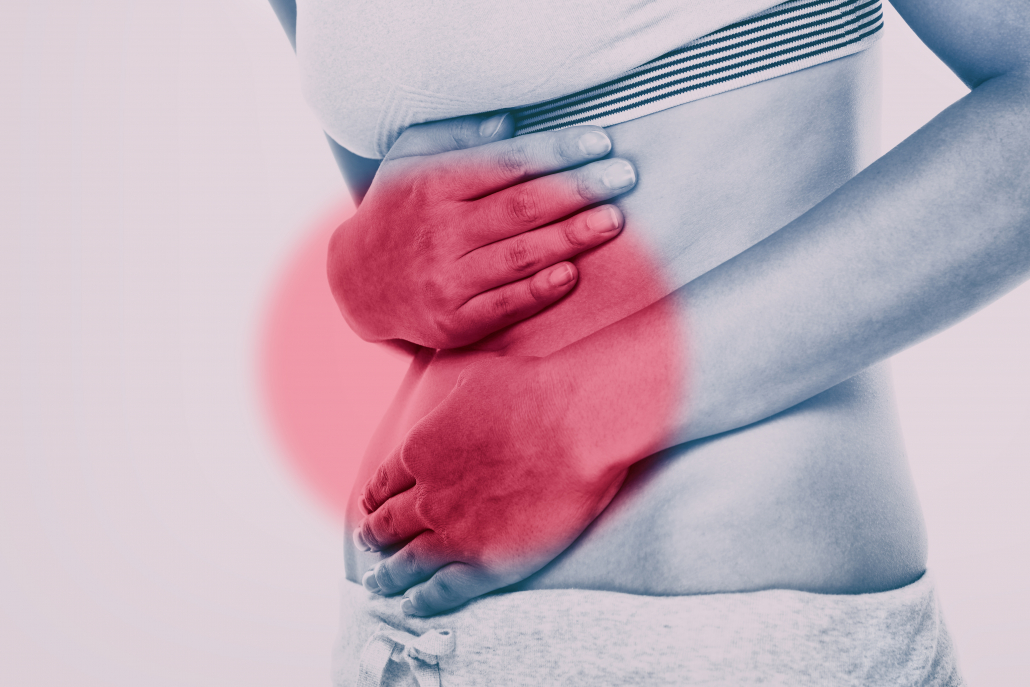
Most of us have been sold on the idea that vegetables are the ticket to health. But most people are unaware that vegetables contain many compounds and toxins that are bad for your gut.
In this article, we’ll explore what vegetables are bad for your gut and why.
Table of Contents
Toxins in Vegetables that Harm Your Gut
Like all lifeforms, vegetables want to survive. Since they don’t have feet, fists, or fangs, they evolved an arsenal of chemical defenses known as plant toxins, phytotoxins, and antinutrients.
The first place we encounter the effects of these plant defense mechanisms is in our guts.
So it’s no surprise that most plants are bad for your gut.
Though most plants we eat are not acutely poisonous, repeated exposure over time to irritating and toxic plant substances can result in inflammation in the gut, autoimmune disorders, and intestinal permeability, also known as leaky gut.
Common plant compounds that can damage your gut, include:
Furthermore, a large percentage of plant foods, especially grains, spices, and dried fruits, are contaminated with bacteria and mycotoxins (toxic molds) that cause acute and long-term gut issues. 1 2
Let’s take a brief look at the main compounds in vegetables that are bad for your gut.
Lectins
Lectins are sticky proteins that bind to carbohydrates. In plants, they defend against pests [1]. But when ingested by humans, they can cause digestive issues and inhibit your body’s ability to absorb important nutrients, including zinc, iron, and calcium [2].
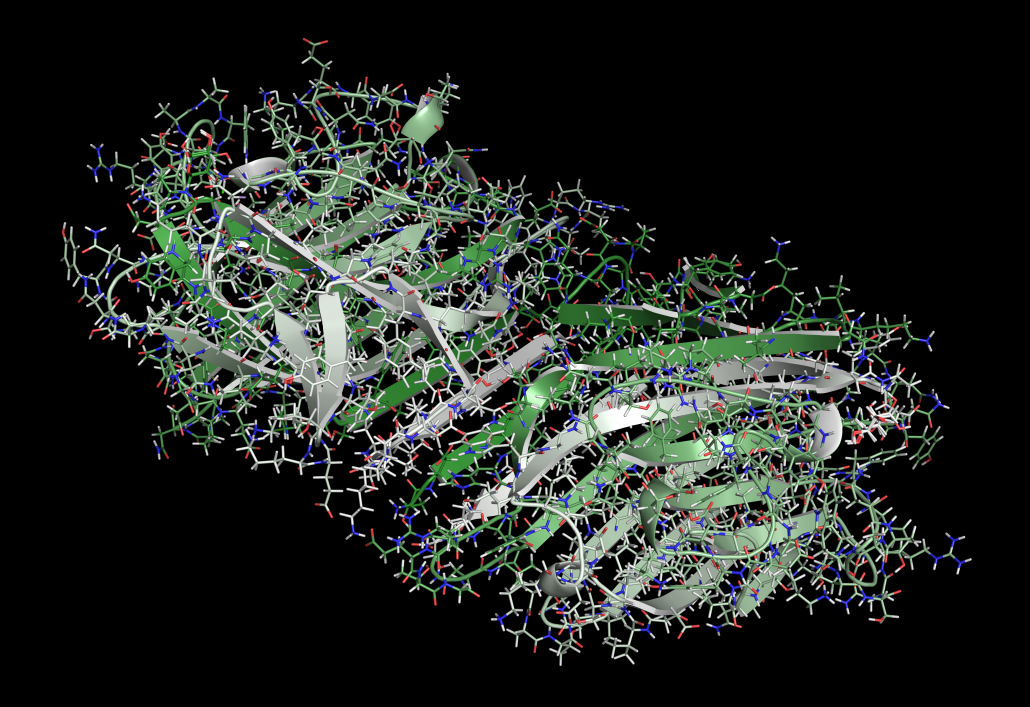
Lectins are an active compound in most inflammatory plant foods.
Studies show that lectins increase inflammation associated with IBS and autoimmune conditions like rheumatoid arthritis [9].
People with IBS and leaky gut are also more susceptible to the negative effects of lectins, and their effects can be felt immediately.
When lectins bind to cells lining your gut they can disrupt intestinal flora growth and hormone signaling. [7]
Lectins and Leaky Gut
Lectin binding in the gut is associated with damage to the tight junctions among intestinal cells. Disrupting these junctions causes leaky gut, a condition that has been associated with various autoimmune disorders [7] [8].
Leaky gut is also implicated in numerous other disorders:
| Intestinal | Extraintestinal |
| Gastric ulcers | Allergies |
| Infectious diarrhea | Infections (e.g., respiratory) |
| Irritable bowel syndrome; functional gastrointestinal diseases | Acute inflammation (sepsis, systemic inflammatory response syndrome, multiple organ failure) |
| Inflammatory bowel disease, Celiac disease | Chronic inflammation (e.g. arthritis) |
| Cancer (esophagus, colorectal) | Obesity-associated metabolic diseases (nonalcoholic steatohepatitis, diabetes type I and II, cardiovascular disease) |
Dr. Steven Gundry estimates that 90% of patients with autoimmune disorders have shown significant improvement after eliminating vegetables with lectins from their diets.
Some vegetable lectins like phytohemagglutinin, are so acutely poisonous to your gut that they can cause stomach pain, nausea, vomiting, and diarrhea immediately after consumption. [7]
Damage from lectins to the gut can reduce your ability to absorb protein, fat, and vitamin B12, which increases your risk of inflammatory bowel disease. [31]
Oxalates
Oxalates are naturally occurring plant compounds that regulate plants’ internal mineral content and help defend against predators. [1]
Like lectins, oxalates bind to vital nutrients in humans, including iron, calcium, and magnesium, limiting their absorption.
Oxalate binding is why nearly all of the iron in spinach goes unused by your body. Popeye got it wrong.[2]
In your gut, oxalate crystals are significantly associated with fungal infections in the intestine. [9] [10] [11] [12]
But the gut is just one area of concern. Studies show that oxalates can suppress immune function, reduce mitochondrial activity, and lead to the formation of kidney stones.[3][6]
Foods rich in oxalates include many of the most common fruits and veggies: cocoa, beets, sesame seeds, rhubarb, sweet potato, coriander, currants, and spinach are just a few.
Phytates (Phytic acid)
Like other plant antinutrients, phytic acid can bind to minerals in the gut before they are absorbed and inhibit digestive enzymes. In this way, phytates reduce the digestibility of starches, proteins, and fats.[2]3][4]
Fiber
Most vegetables are high in fiber. And contrary to popular belief, this fiber can make vegetables bad for your gut.
A 2012 study in the World Journal of Gastroenterology found that “the previous strongly-held belief that the application of dietary fiber to help constipation is but a myth. Our study shows a very strong correlation between improving constipation and its associated symptoms after stopping dietary fiber intake.” [22]
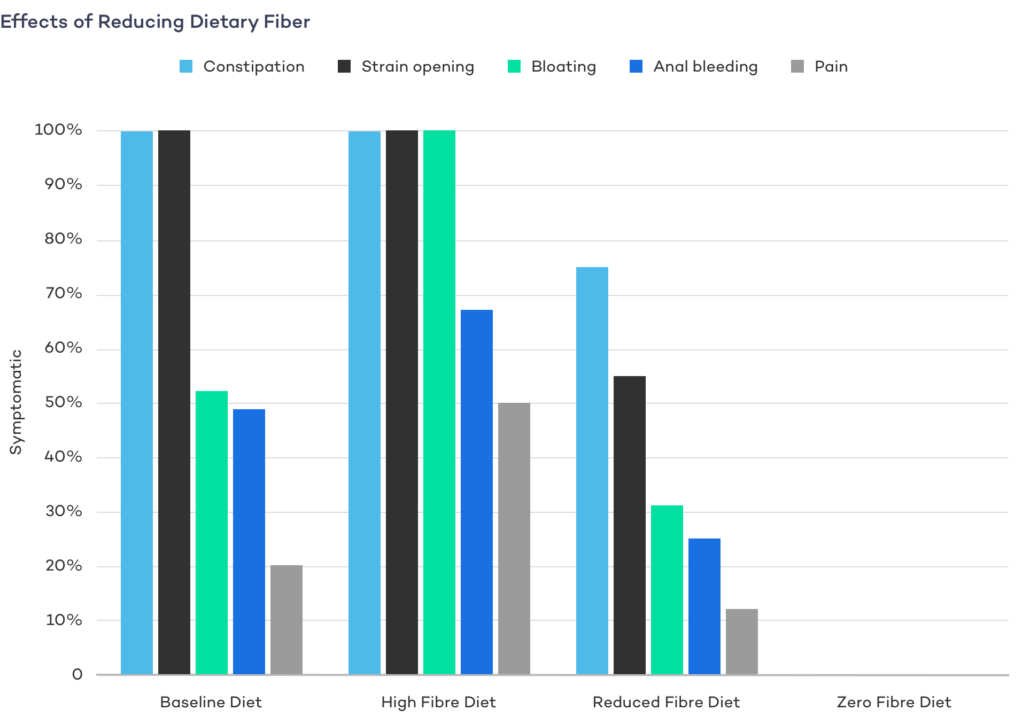
The study looked at 60 people with chronic constipation and IBS. Researchers found that eliminating fiber for just two weeks led to a significant reduction in symptoms.
A follow-up six months after the end of the trial found that 41 of the study participants had chosen to stay fiber-free and reaping the benefits.
While the 20 or so participants who returned to eating fiber all experienced a recurrence of IBS symptoms. [23]
Fiber can also act like an antinutrient by binding to and preventing the absorption of minerals like iron, zinc, magnesium, and calcium.
The high-fiber vegetables we’re “supposed” to be eating create a constant slurry of inflammatory junk in our gut. When I looked at the studies exploring the benefits of fiber and vegetables, I wasn’t surprised to find that there is zero evidence demonstrating the benefits of fiber for gut health. What we do know for certain is just how little we actually know about our complex and delicate digestive system. Yet another reason why I find the mainstream diet recommendations so troubling.
My observations as a fertility doctor lead me to believe that the constant sugar and fiber fermenting in our bowels spreads inflammation to tissue and organs throughout the entire lower abdominal region, including our tubes, ovaries, uterus, prostate, seminal vesicles, and testicles. It bears emphasizing that in the majority of cases I treat, infertility is an inflammatory disease! And inflammation doesn’t stop in the lower abdomen. Destructive plant antigens—naturally occurring vegetable compounds that attack healthy human cells—and glucose are micronized in our gut and deposited through the bloodstream to every organ in our bodies.
1. Wheat
Wheat products, including refined wheat, whole wheat, and wheat germ, are low in nutrients, spike blood sugar, and contain lectins. Unfortunately, due to industrial agriculture, wheat is also a staple for 35% of the global population.
Raw wheat and wheat germ contain around 300 mcg of lectins per gram [15]. While whole wheat flour contains around 30 mcg of lectins per gram [16].
Wheat contains the infamous lectin, gluten. Part of gluten is a molecule called gliadin.
When gliadin enters your gut, your body experiences it as a threat. Your body reacts with an inflammatory immune response that inflames your gut lining and flattens and compromises your intestinal villi–a protective hair-like structure lining your gut. These factors result in intestinal permeability, AKA leaky gut. [4]
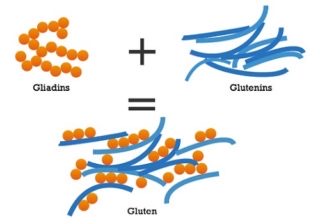
Within only 15 hours after consuming gluten, fragments of gliadin enter the bloodstream, speaking inflammatory damage to other body tissues.
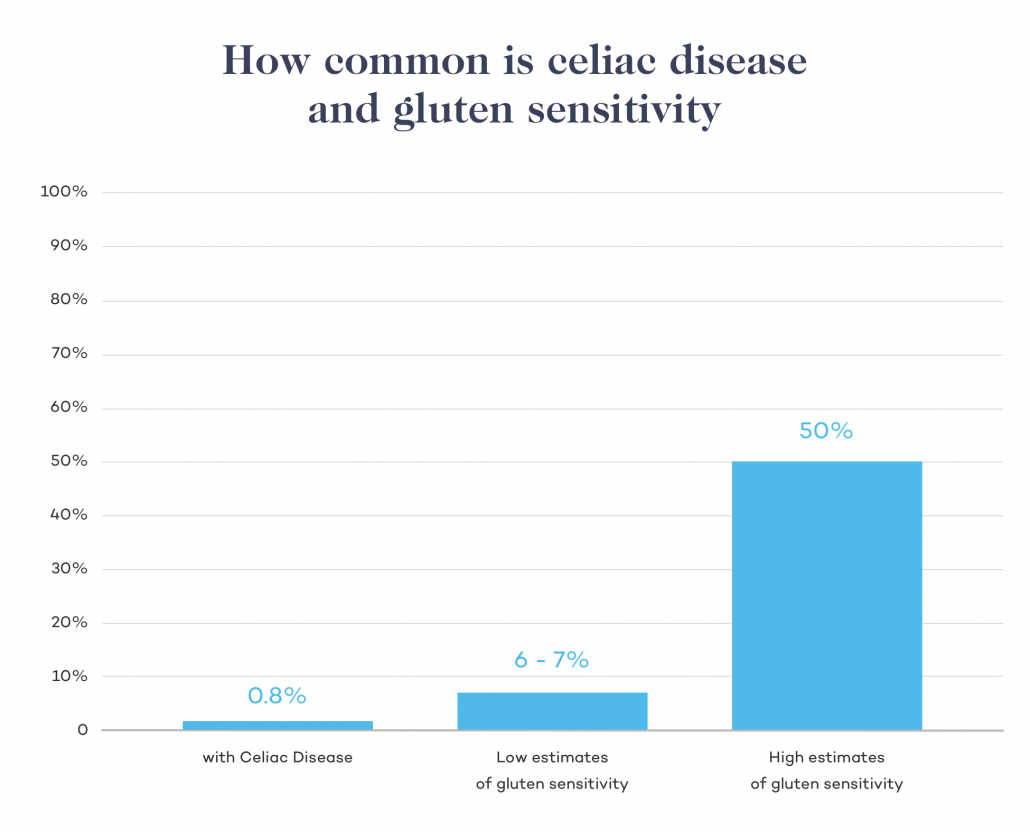
Consuming gluten and other vegetables with lectins makes you more susceptible to gluten intolerance, less able to absorb nutrients, and more likely to get autoimmune and inflammatory diseases.
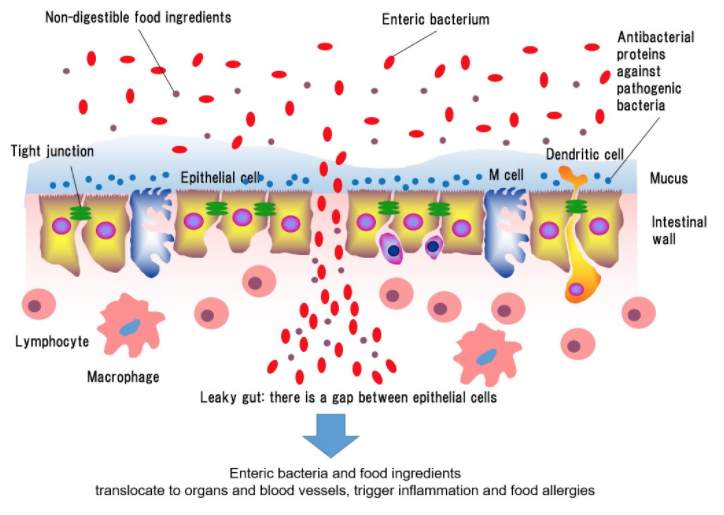
2. Red Kidney Beans
Red kidney beans are among the world’s highest lectin foods. They contain a type of lectin called phytohaemagglutinin that can cause red blood cells to clump together.
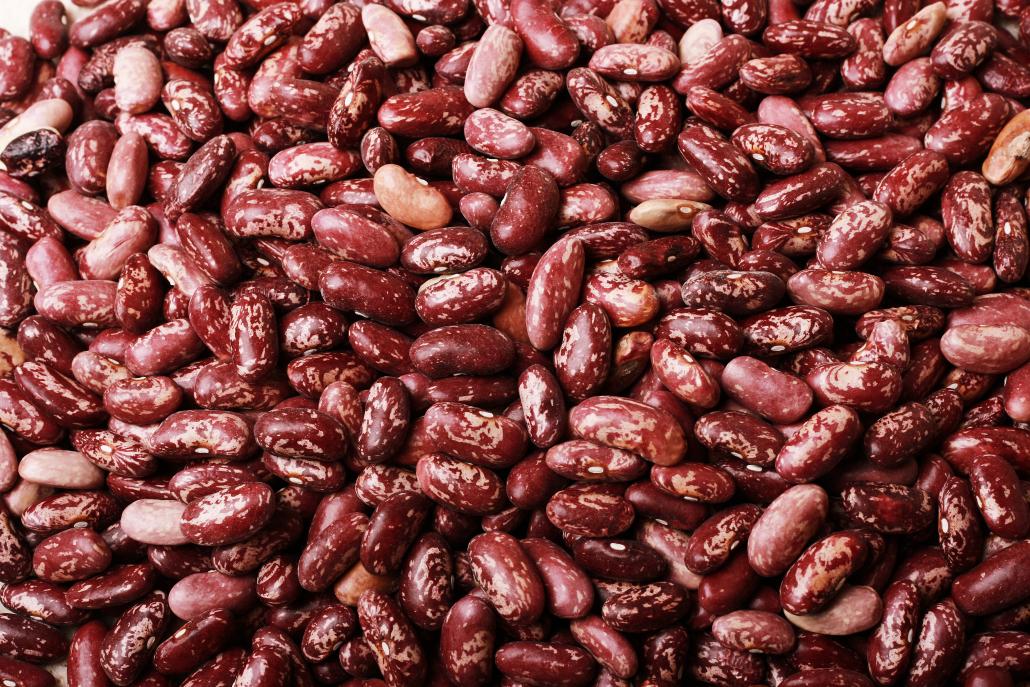
Raw kidney beans contain 20,000–70,000 hau of lectins. Just five raw kidney beans can cause cramps and vomiting.
Well-cooked (in a pressure cooker) kidney beans have fewer lectins–200-400 hau. Though this level of lectins is considered “safe” for healthy people, it is enough to cause problems for people with digestion issues like IBS [6].
It’s also important to consider that the effects of lectins and other plant toxins on the gut aren’t necessarily due to acute toxicity but to repeated chronic exposure over time.
Beans are also high in carbs and fiber, which can contribute to intestinal dysbiosis–the imbalance of intestinal microorganisms.
Lectins can damage health by binding to and causing lesions on the intestinal wall, amplifying the effects of oxalate and glycoalkaloids–other plant compounds which we’ll get to later.
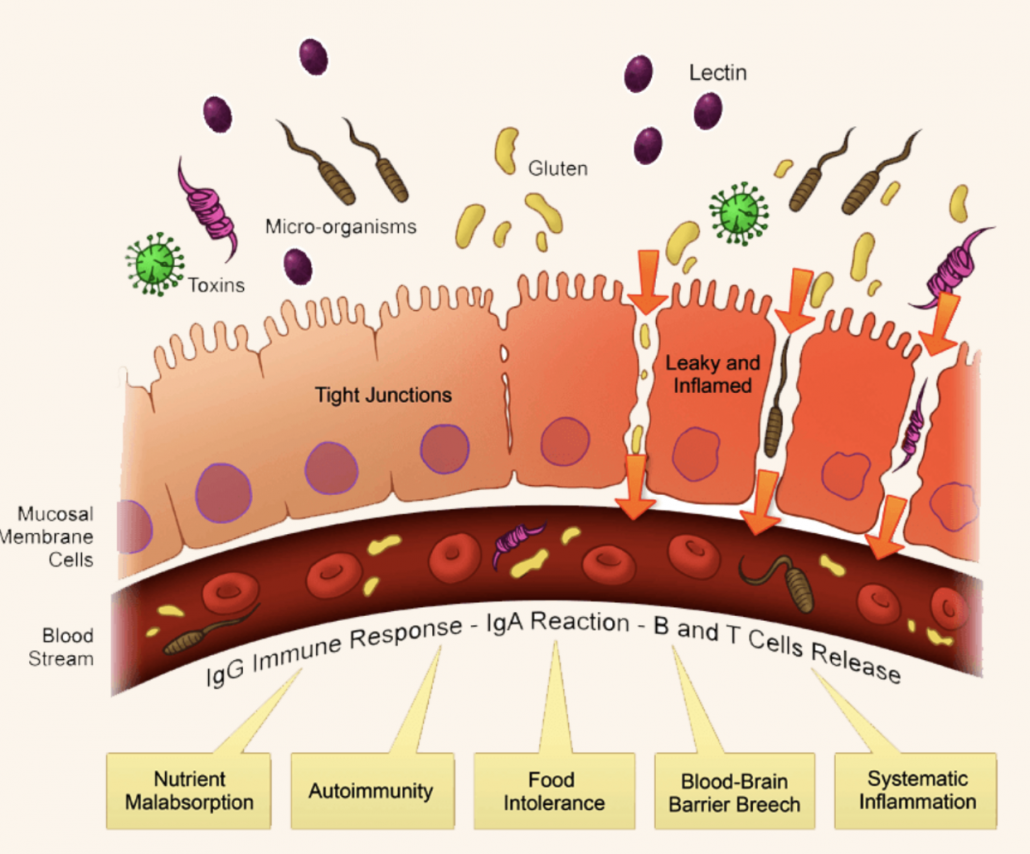
As we mentioned above, intestinal permeability allows harmful bacteria, sugars, and toxins, including lectins themselves to pass into the bloodstream where they travel to every part of the body, causing chronic inflammation.
Damage from lectins to the gut can reduce you ability to absorb protein, fat, and vitamin B12, which increases your risk of inflammatory bowel disease. [31]
3. Corn
Like most other grains, corn has a high lectin count.
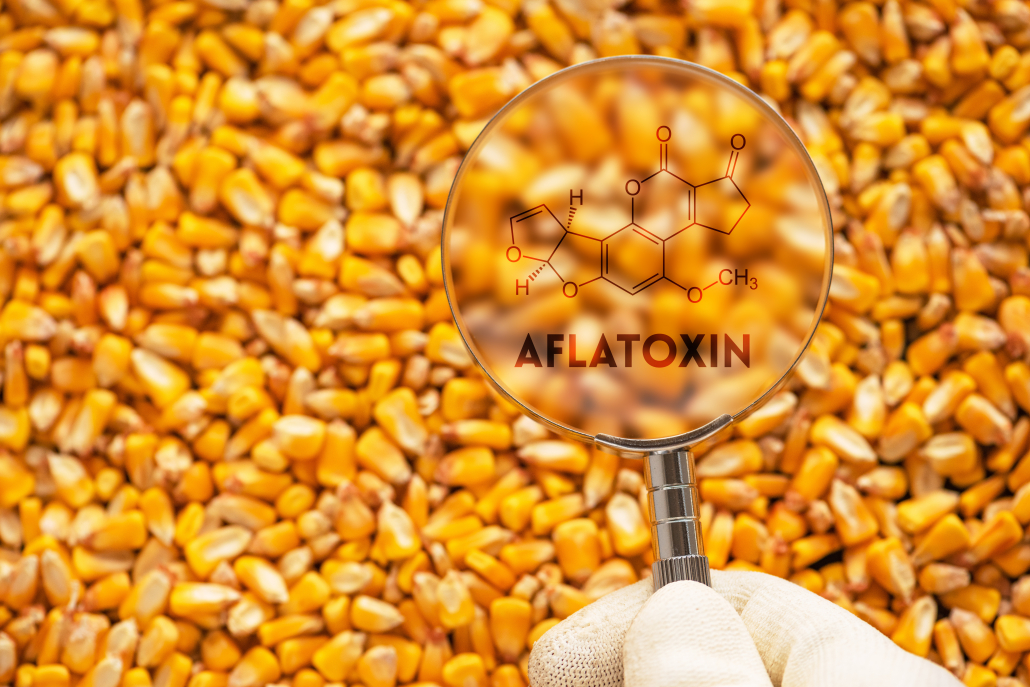
Corn accounts for around 60% of the world’s food production. Yet many people eat corn that is minimally cooked, allowing the lectins to pass into the gut.
With repeated exposure over time, lectins can attach to insulin receptors leading to insulin resistance, high blood pressure, inflammation, and type 2 diabetes [20][21][22].
Corn is also high in toxic substances called aflatoxins that can harm the gut.
4. Peanuts
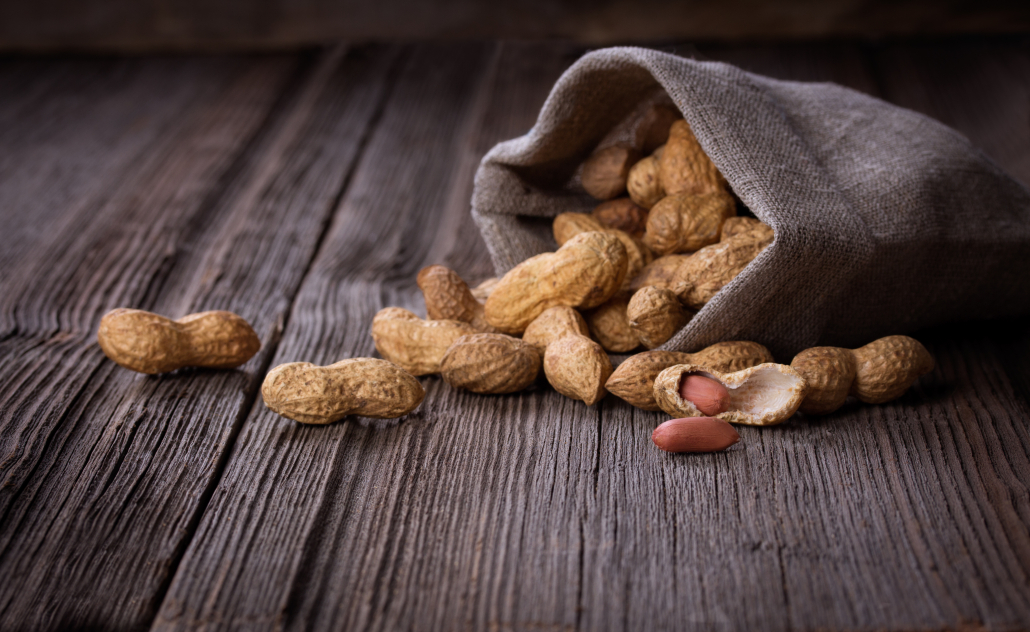
In many foods, heat can substantially degrade lectins. But in peanuts, the lectins are particularly heat resistant.
One study found lectins in the bloodstream of groups of people ate both roasted and raw peanuts. [8] This same study also found that lectins from peanuts had crossed the intestinal barrier and entered the bloodstream, signifying intestinal permeability or leaky gut.
In test-tube studies, peanut lectins have been shown to increase the growth of cancer cells. [9]
On the other hand, peanuts can provide antioxidants linking them to a reduced risk of heart disease and gallstones [9][10][11].
However, there are better antioxidant source including eggs and many orange-hued seafoods.
5. Brussels Sprouts
Brussels sprouts and fellow cruciferous vegetables, including cabbage, and broccoli, contain a type of carbohydrate called raffinose.
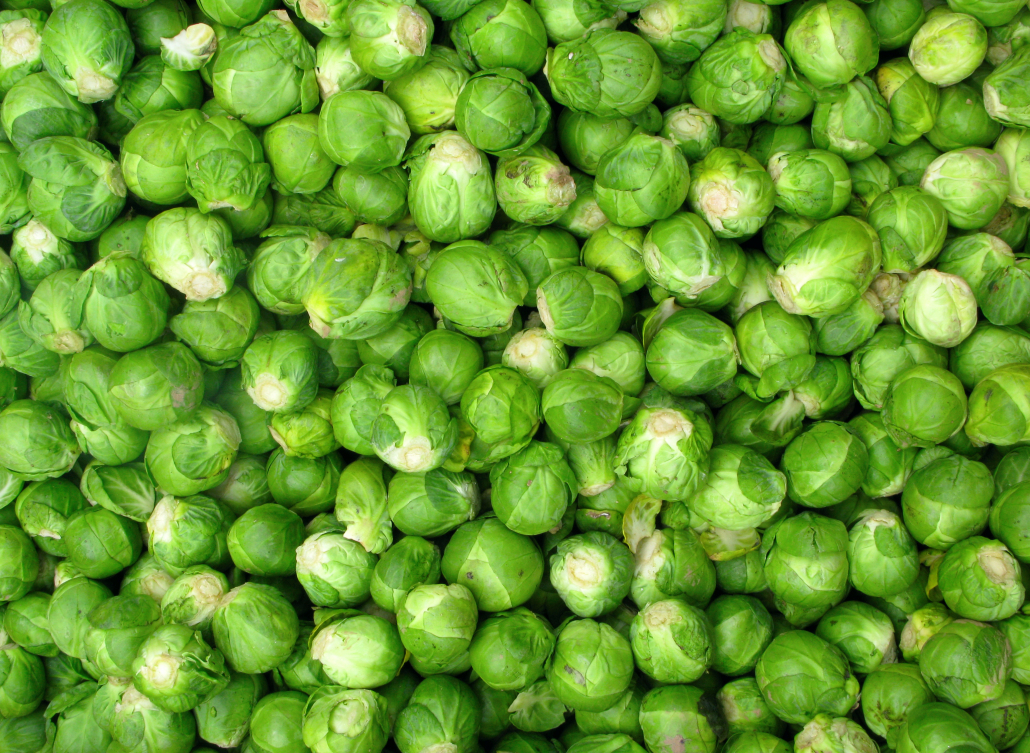
Studies show that even small amounts of raffinose, and other indigestible oligosaccharides, including stachyose and verbascoside, are difficult to digest.5
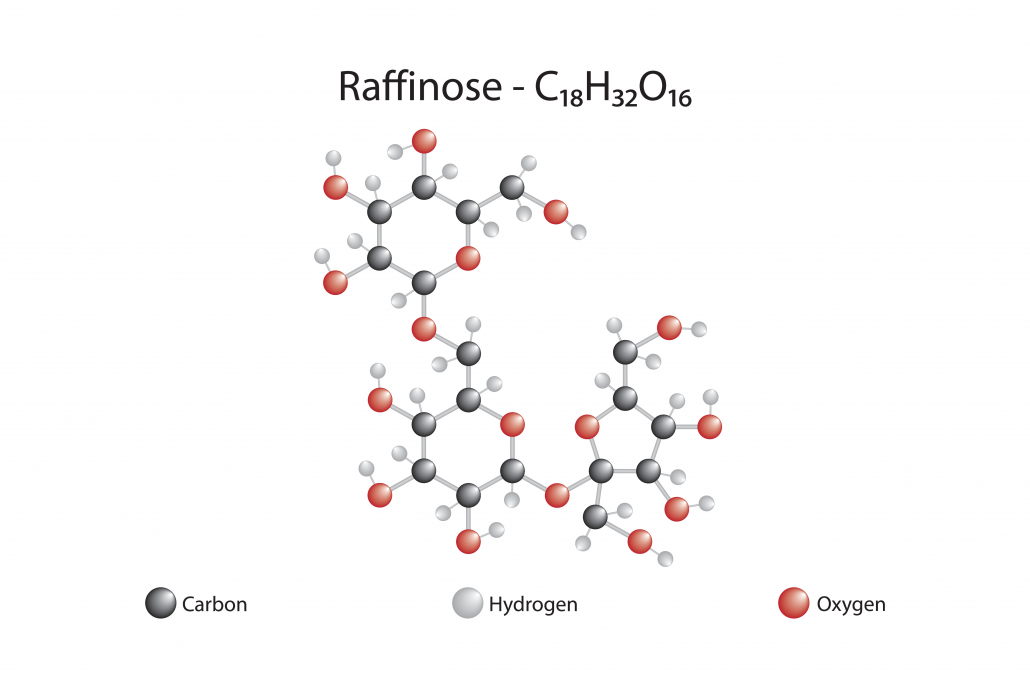
The difficulty is due to the fac that neither the stomach nor the small intestine can digest these carbs. This means they pass all the way to the large intestine, where they are broken down by bacteria resulting in hydrogen, carbon dioxide, methane, and sulfur.
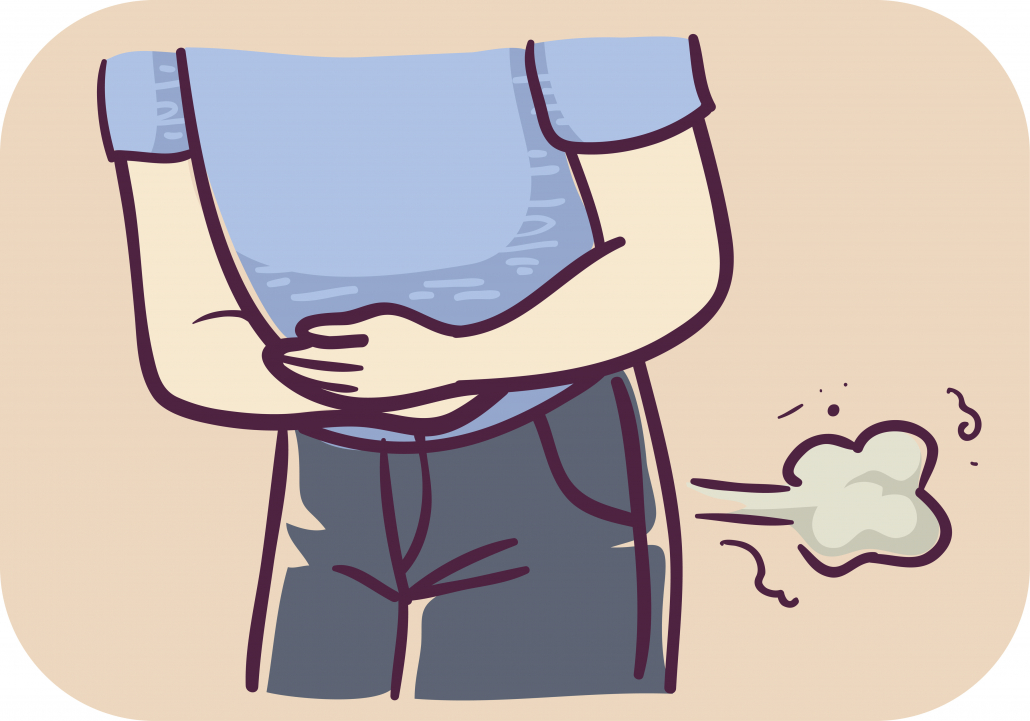
This process is unpleasant for most people and can be intolerable for people with GI disorders like IBS. That’s why Brussel’s sprouts are on the FODMAP lists of food to be avoided. FODMAP stands for fermentable oligosaccharides, disaccharides, monosaccharides, and polyols.
6. Tomatoes

As with peanuts, the lectins in tomatoes are not eliminated by high heat processing [24].
A study on mice found that tomato lectins can cross the gut barrier into the bloodstream [26].
Tomatoes also contain a plant toxin called tomatine. This chemical can accumulate in the body and become mobilized in times of stress. Dr. Kiltz suggests eliminating tomatoes, particularly if you have arthritis and digestive and autoimmune disorders [14].
If you are to eat tomatoes, be sure to remove the skins and all seeds–these are the parts with the highest levels of lectin and tomatine.
Other Nightshades
Nightshades are extremely common, and all of them contain lectins, these include:
- peppers (bell and hot peppers, including jalapenos)
- eggplants
- goji berries
- potatoes
7. Spinach
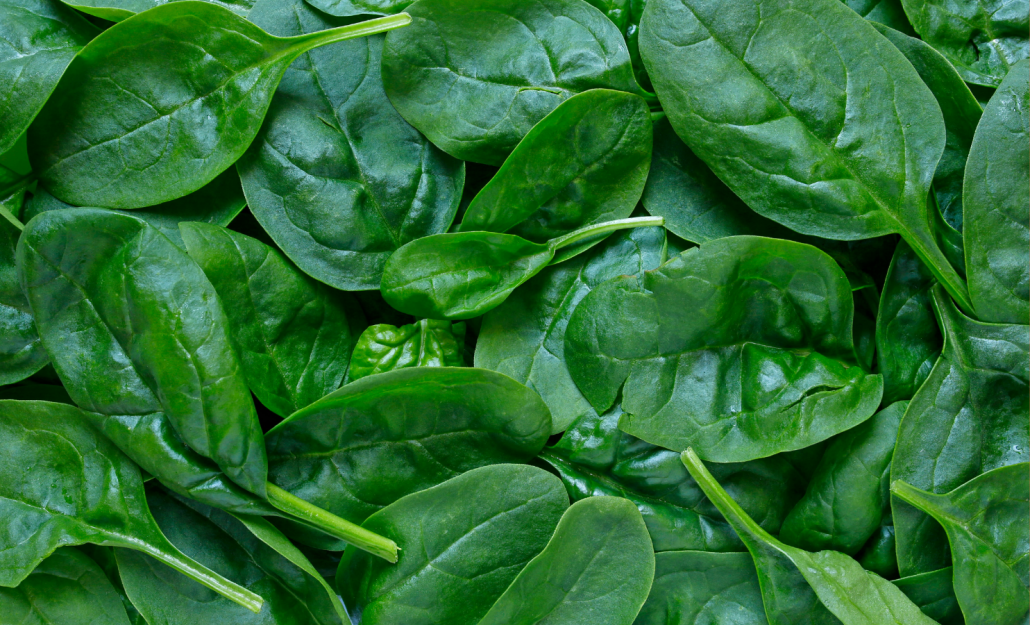
Spinach is another vegetable that can be bad for your gut due to the presence of oxalates. 3
Just a 100-gram portion of spinach contains approximately 645 milligrams of oxalate.
As mentioned above, oxalate crystals can harm your gut by causing fungal infections in your intestines. [9] [10] [11] [12]
8. Potatoes
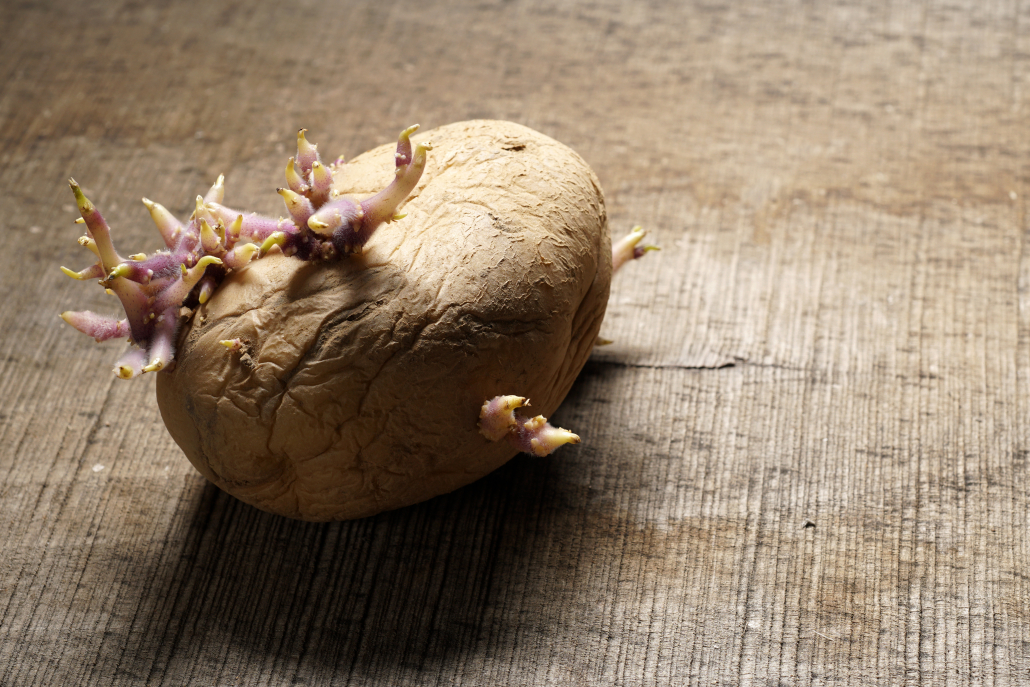
Due to their high lectin and glycoalkaloid content, potatoes can be bad for your gut.
Glycoalkaloids like solanine attack the energy centers (mitochondria) of your red blood cells. This process is known as “cell-rupturing.”
Research has found that cell-rupturing is implicated in leaky gut.” [3][4].
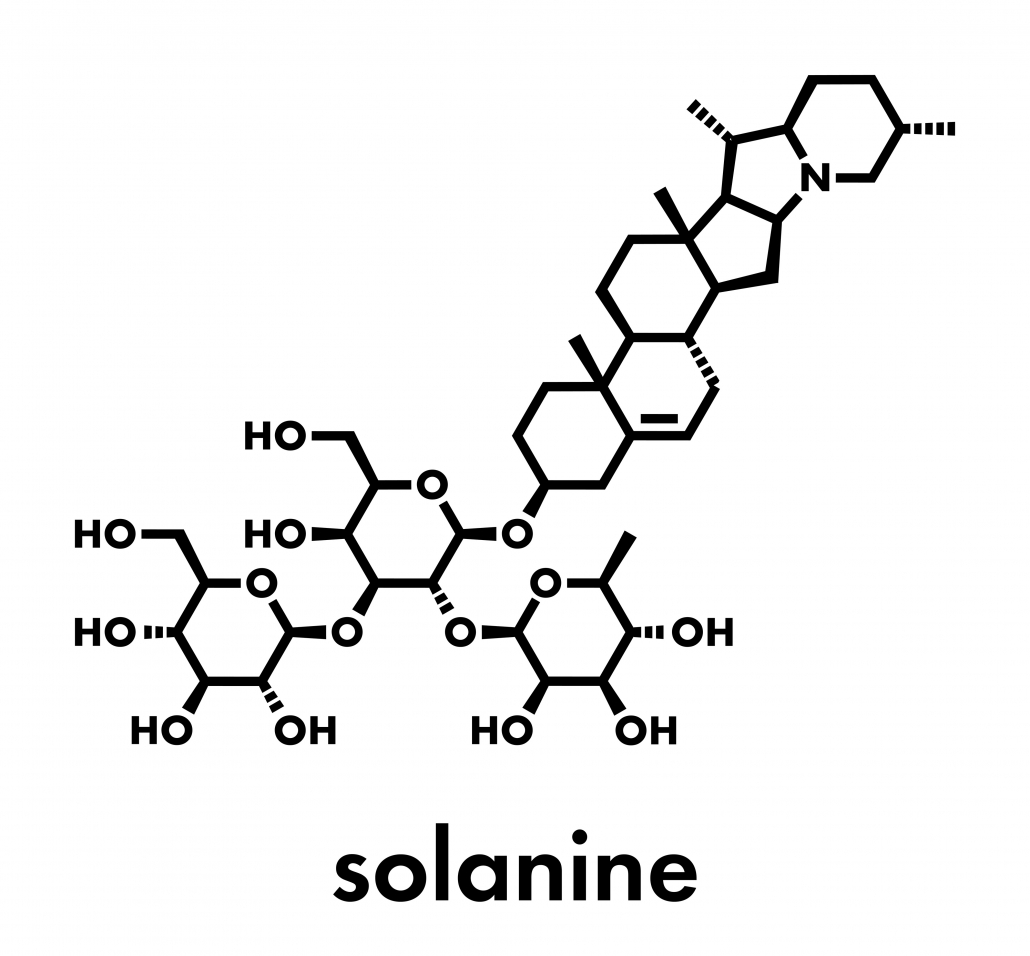
Leaky gut allows the passage of various pathogens (including lectins themselves) and sugars into the bloodstream. Once in the blood these substances travel to other parts of the body leading to inflammation and autoimmune responses.
Glycoalkaloid toxicity from potatoes can occur after consuming just 1 mg of glycoalkaloids per kg body weight.
For a 150 lbs person, toxicity can occur after eating only 68 mg of glycoalkaloid. Fatality can occur after consuming 302 mg.
Due to these dangers, the maximum allowable level of glycoalkaloids is 20 mg of total glycoalkaloids per 100 g (fresh weight) of potatoes. [10]
Glycoalkaloid levels in common potato products [11]
| FOOD TYPE | CHACONINE | SOLANINE | TOTAL GLYCOALKALOID CONCENTRATIONS |
| POTATO CHIPS (1 OZ BAG) | .36-.88 mg | .29-1.4 mg | 2.7 -12.4 mg/28-gram bag |
| FRIED POTATO SKINS (4 OZ) | 4.4-13.6 mg | 2.0-9.5 mg | 6.4- 23.1 mg/4 oz |
9. Squashes
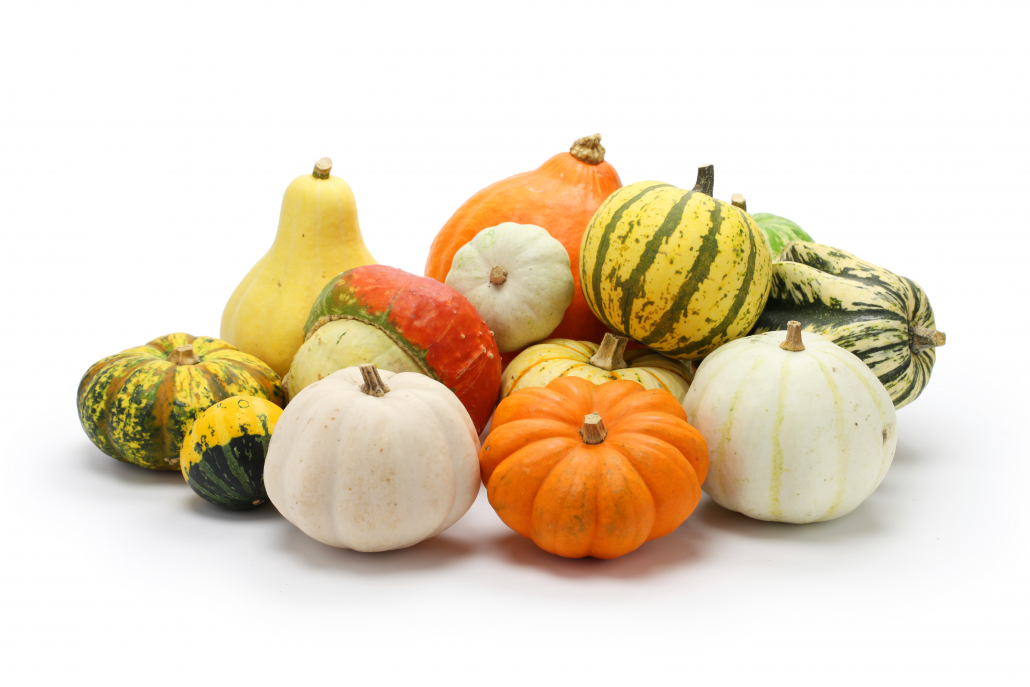
Various squashes are also high in gut-harming lectins. These are found mostly in the skins and seeds. Squash that may be bad for your gut include [35]:
- Pumpkin
- Acorn squash
- Zucchini
- Butternut squash
If you are to eat squash, make sure to remove their seeds and skins and to cook thoroughly.
BONUS: Dried Fruit with Sulfites
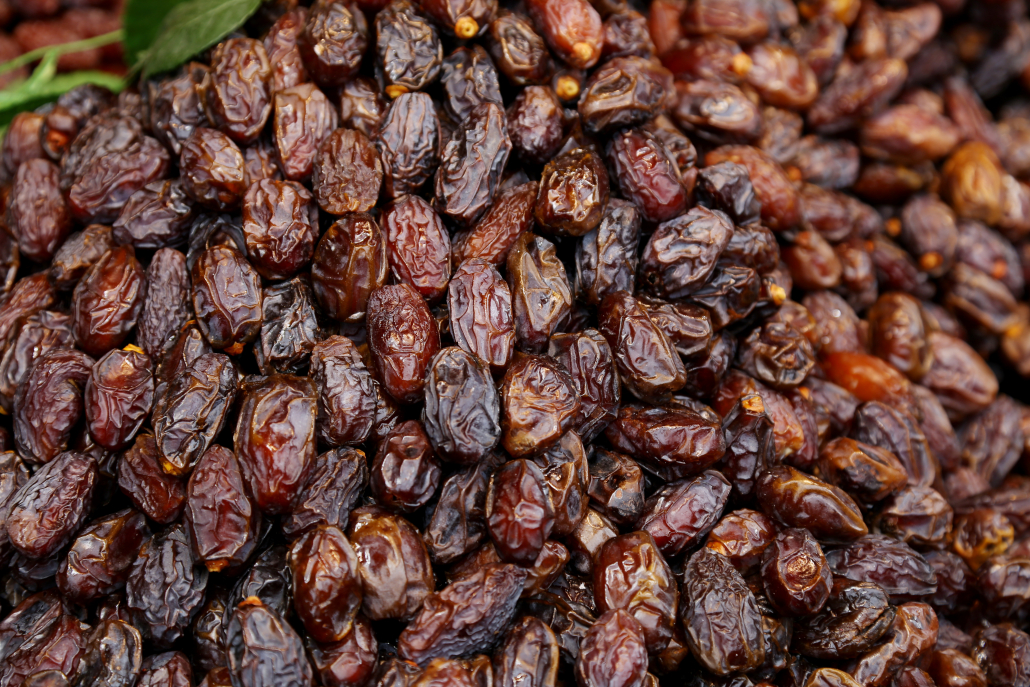
Dates and dried fruit contain a combination of fiber, sulfites, and sugars that can irritate your bowels, and lead to fermentation of aldehyde, inflammation, and autoimmune responses.3
Symptoms of sulfite sensitivity include:
- Bloating
- Diarrhea
- Gas
- skin rashes
- Nausea
- Asthma
Dried fruits are also often contaminated with mycotoxins. These substances form when molds and fungi grow on plant foods a result of improper processing and storage.
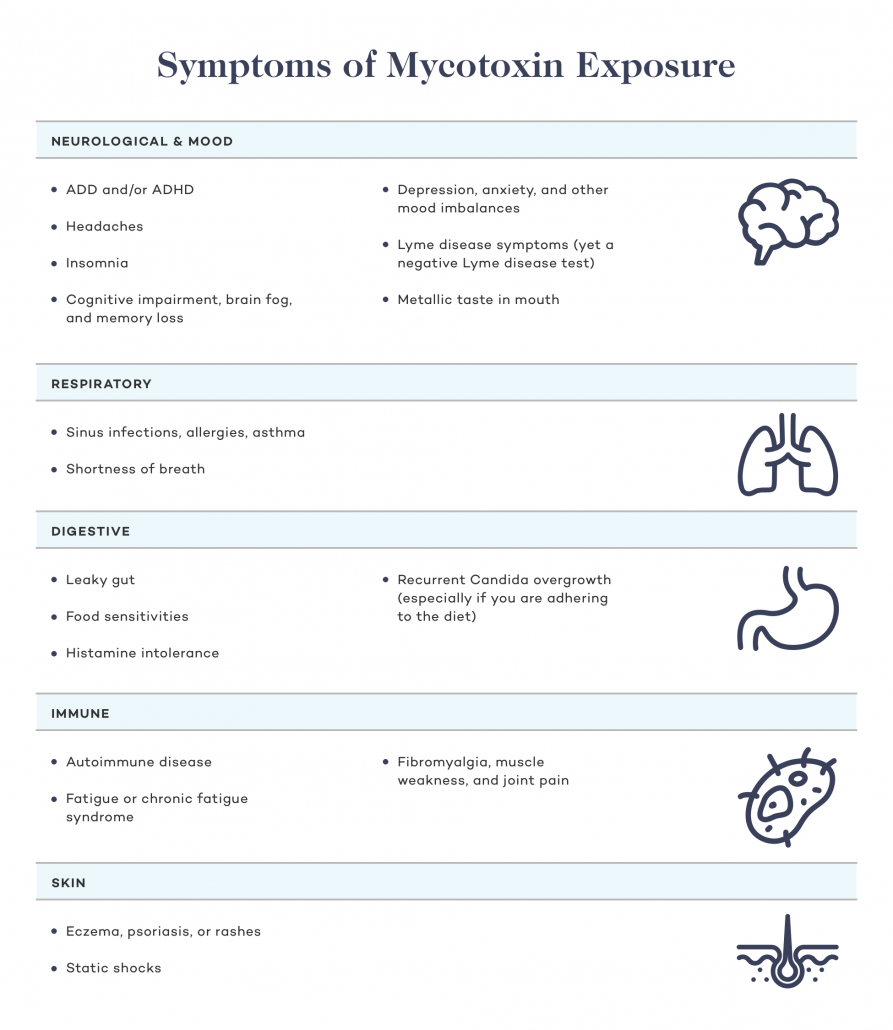
BONUS: Vegetable Oils
Vegetable oils are highly processed industrial products that are bad for your gut.
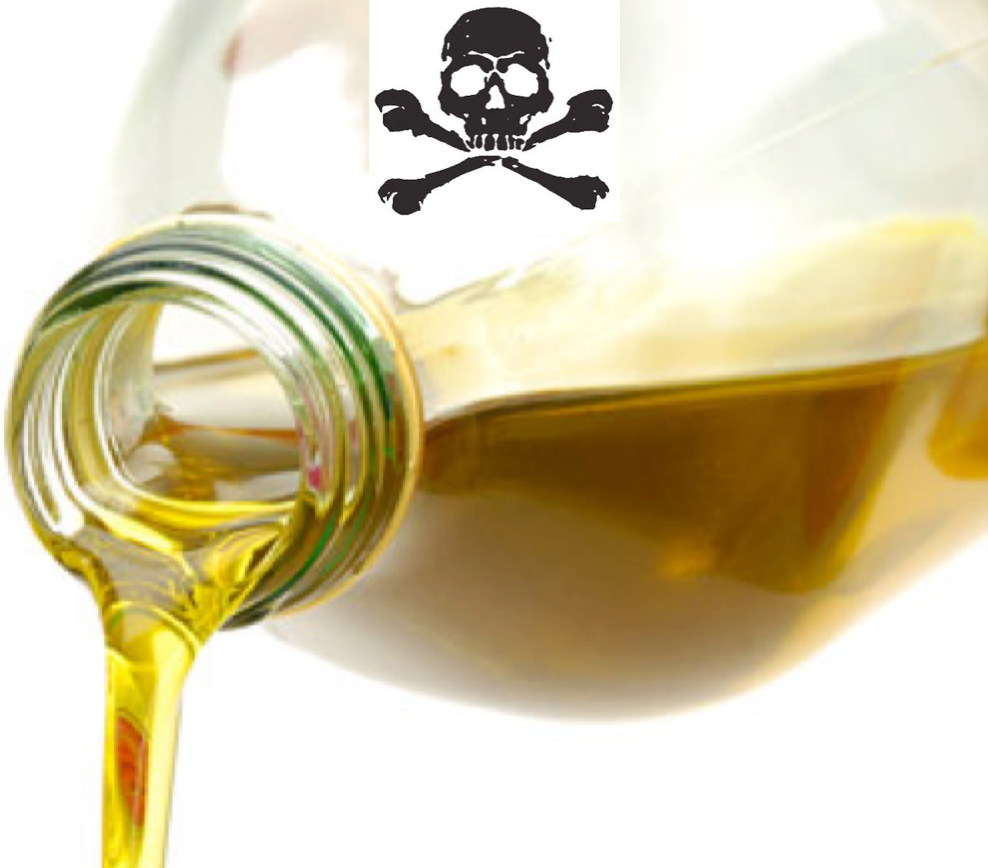
Common vegetable oils include:
- Corn oil
- Soybean oil
- Sunflower oil
Most vegetable oils are made from GMO crops that are engineered to contain extra high levels of lectins in order to resist pests.
Vegetable oils contain high levels of omega-6 fatty acids, which are linked to inflammation [28].
Conventional seeds and legumes are also sprayed with the pesticide glyphosate (Roundup), which has been shown to have extremely negative effects on gut health. In fact it may be the main reason behind the dramatic rise in Celiac disease.
Foods to Eat to Heal Your Gut
High-fat, low-carb diets centered around fatty animal products can support your gut health.
They clear up dysbiosis, lift the toxicity burden, and nourish your body with healthy saturated fats and nutrients only found in meat. [24] [25]
For people with leaky gut, IBS, and other gut issues, a carnivore elimination diet, AKA Lion Diet, can be an exceptionally effective approach.
Gut-Healing Foods List
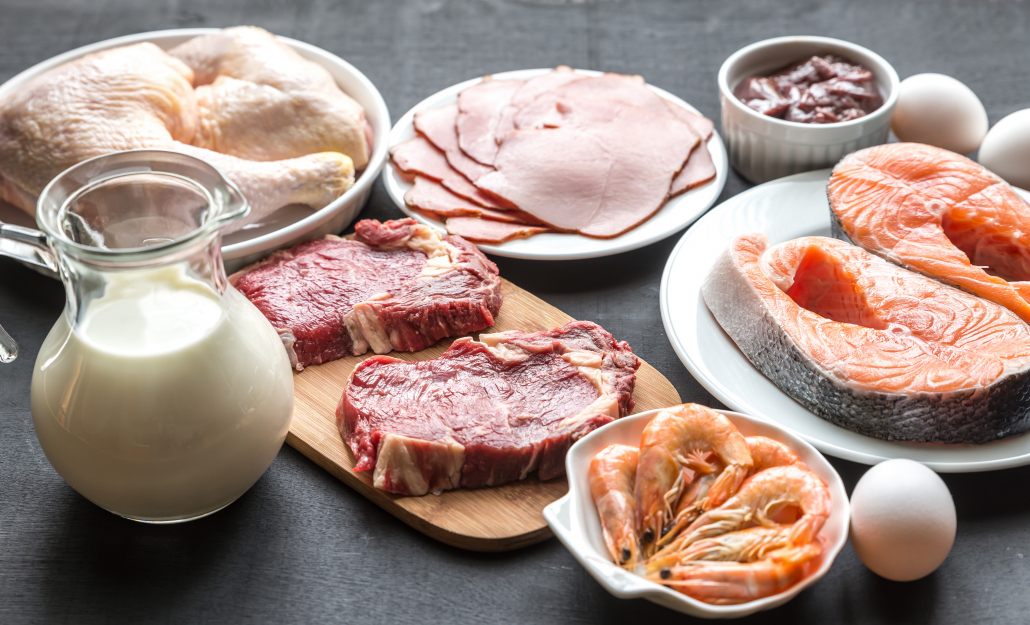
Below you can find a list of nutrient-dense foods, many of which are high in vitamin A (retinol).
Retinol has been shown to be inversely associated with intestinal permeability (7).
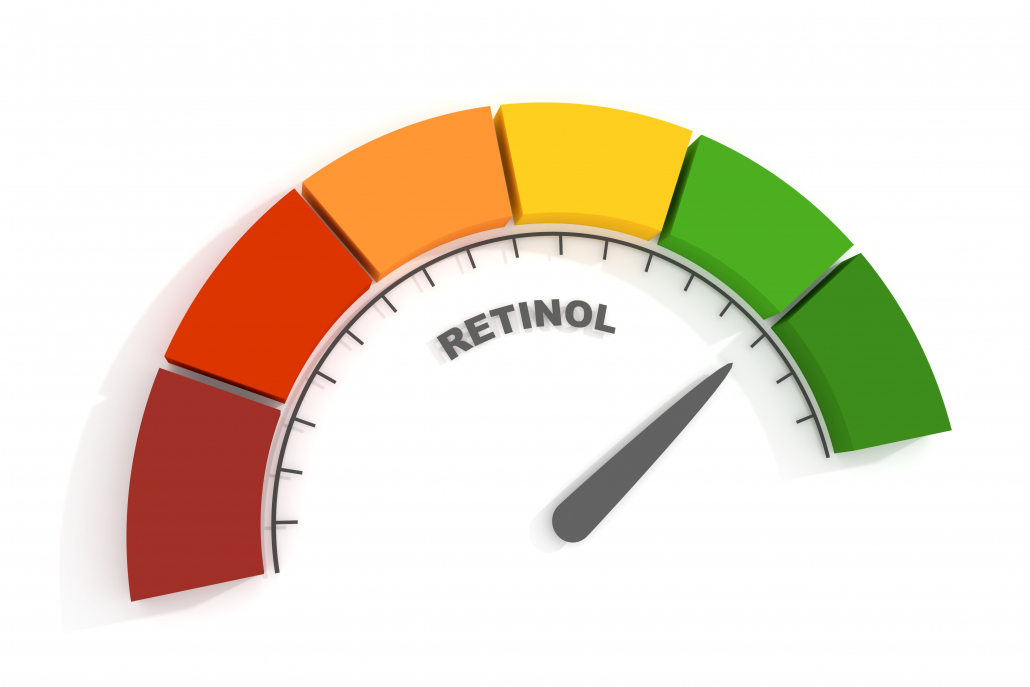
The more vitamin A, the less likely you are to have leaky gut.
| Ruminants | Pork | Poultry | fish | seafood | Organ meats | Wild meats | fat | Eggs | Dairy | Fruits and Veggies |
| Beef Bison Goat Lamb | All types | Chicken Duck Goose Game hen Turkey Qual Pheasant | Salmon Halibut Mahi-mahi Trout Tuna Cod Arctic Char Sardines Anchovies Mackerel Herring swordfish Snapper Walleye Catfish | Oysters Shrimp Prawns Lobster Mussels Scallops Crab Clams | x | Elk Venison Antelope Bear Rabbit Boar Rattlesnake Kangaroo | Tallow Lard Butter Ghee | Chicken eggs Duck eggs Goose Eggs Ostrich eggs Quail Eggs | Butter Ghee Cream Creme Fraiche Cheese Full-fat yogurt | x |
What Vegetables are Bad for Your Gut: The Bottom Line
Nearly all vegetables contain a combination of toxins, antinutrients, sugars, and fiber that can be bad for your gut.
Wheat, corn, potatoes, tomatoes, peanuts, legumes, spinach, squashes, dried fruits, and vegetable oils are just the most popular examples of plant foods that can be bad for your gut.
Lectins, phytates, oxalates, glycosinolates, sugars, and excess fiber have all been linked to bloating, IBS, constipation, and intestinal permeability.
At high levels, some of these compounds can be extremely toxic. But for most people, it’s the chronic low-level exposure over time that results in autoimmune disorders centered in the gut.
Many people have successfully overcome digestive issues by eliminating most plant foods and replacing them with nourishing animal foods.





















